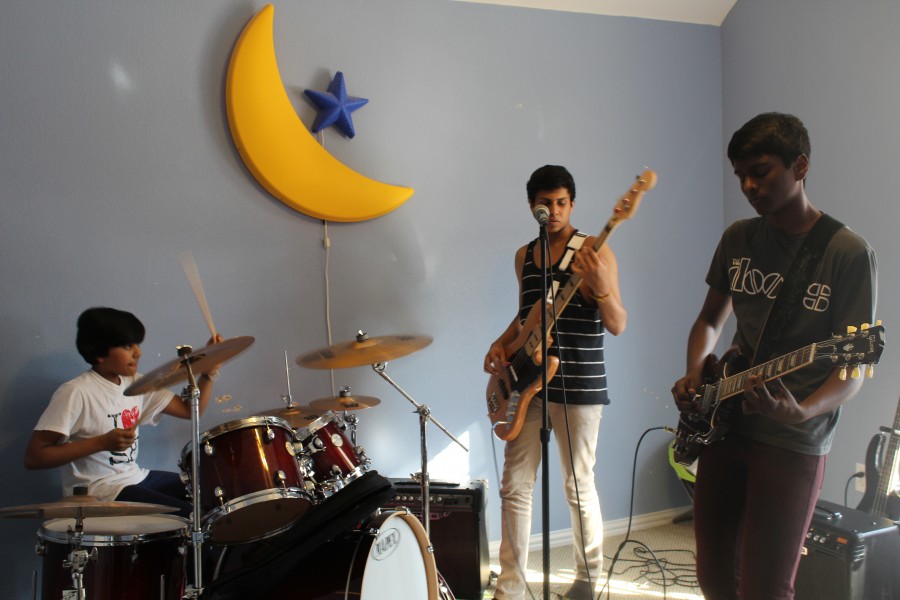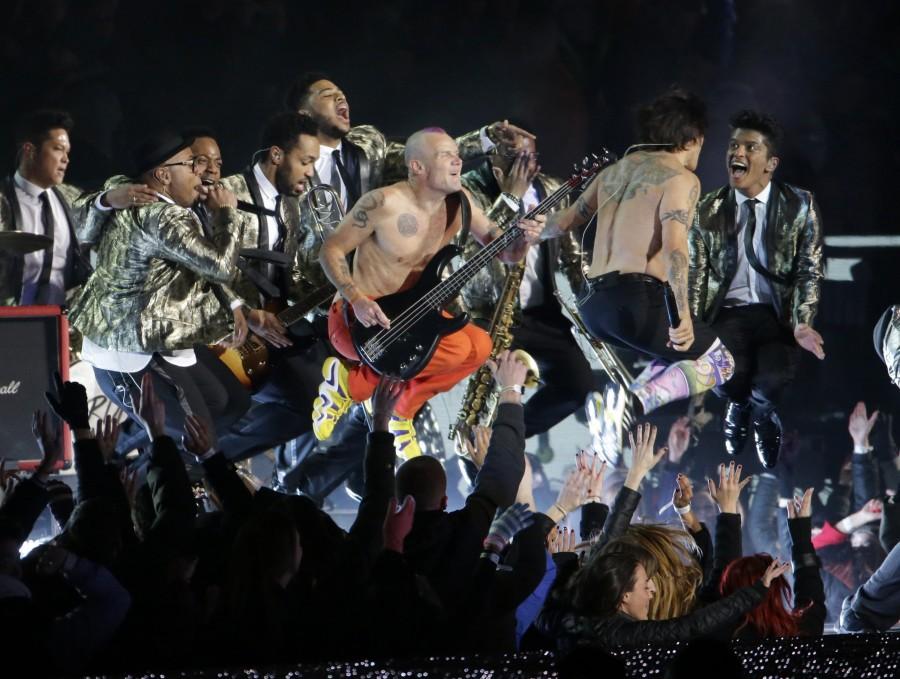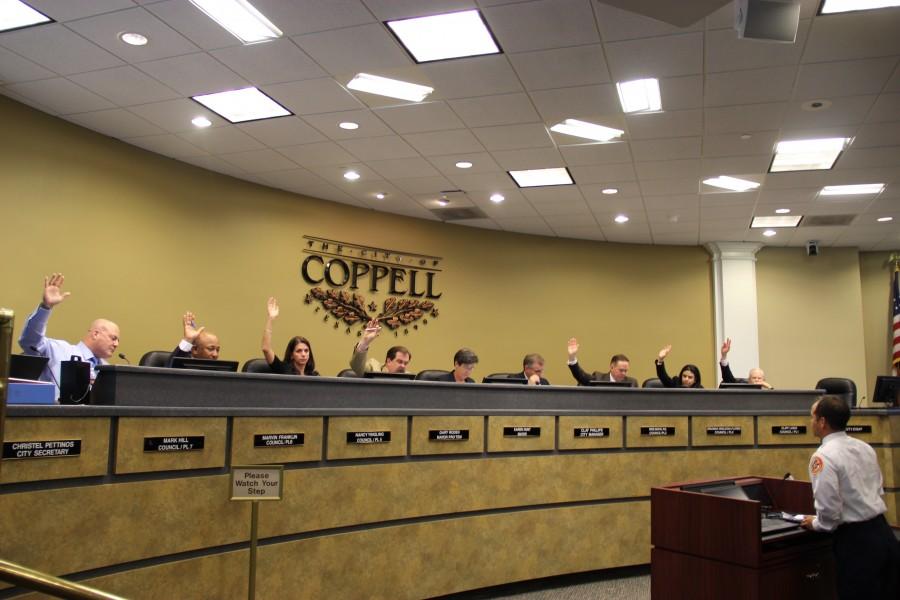By Mary Whitfill
Features Editor
Popular social networking sites in the last 24 hours have been flooded with users angry over the recent SOPA act; a bill that many are claiming would lead to Internet censorship. The bill stands to put artists in a tight spot: on one hand, it protects their originally produced works, but on the other, it could prohibit the collaborative creativity enabled by the Internet.
The controversial Stop Internet Piracy Act was recently presented in the House of Representatives (along side its Senate counterpart, the Protect IP Act) as a way to prevent the illegal copyright violation of products owned by movie studios, record labels and other commonly copied media online.
As the New York Times reported yesterday, the bills would empower the attorney general to create a blacklist of sites to be blocked by Internet service providers, search engines, payment providers and advertising networks, all without a court hearing or a trial.
In a recent press release, Eric Schmidt, executive chairman of Google, said that he is afraid the bills would give copyright holders and government the power to cut off websites unreasonably. But that being said, Schmidt also granted that Hollywood studios do have a real problem and that with the aggressive increase of pirated movies and films, their businesses cannot survive.
The Motion Picture Association of America has posted promos on YouTube in attempts to win over supporters and SOPA is currently enduring opposition from some of the most popular sites on the web, including Google, Linkedin, Twitter, Tumblr, eBay , Yahoo and AOL.
CHS students have been taking to Facebook and Twitter to express both their discontent with the bills as they stand and their concern for the survival of social networking sites.
Lamar Smith, a representative from Texas, says this bill will help “stop the flow of revenue to rouge websites and ensures hat the profits from American innovations go to American innovators.” Smith is the chairman of the House Judiciary Committee.
Despite what congressmen are claiming as good intentions, internet companies say the bills as they exist now are forms of censorship.
“As written, they would betray more than a decade of U.S. policy and advocacy of Internet freedom by establishing a censorship system using the same domain blacklisting technologies pioneered by China and Iran,” Tumblr executives said in a statement.








